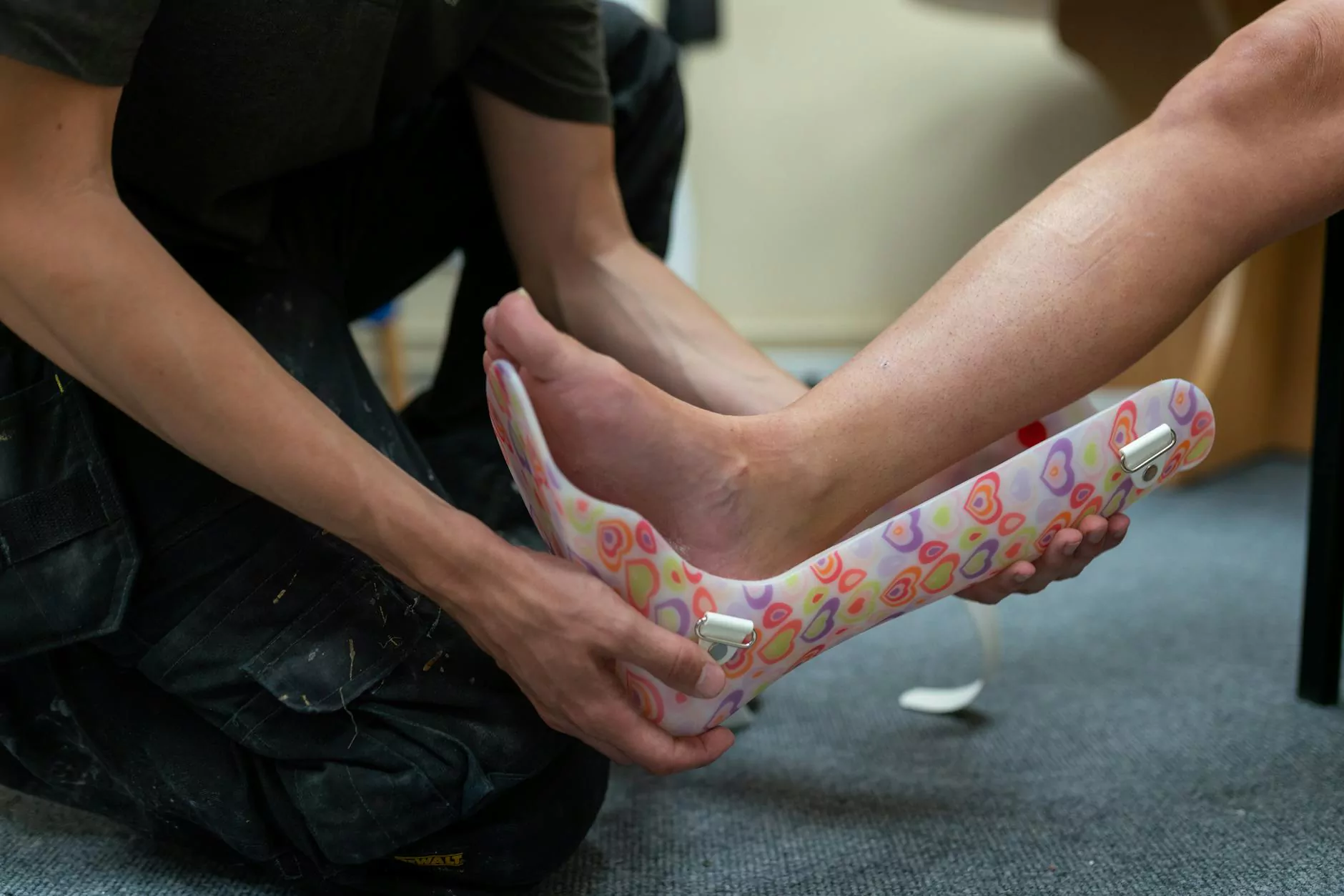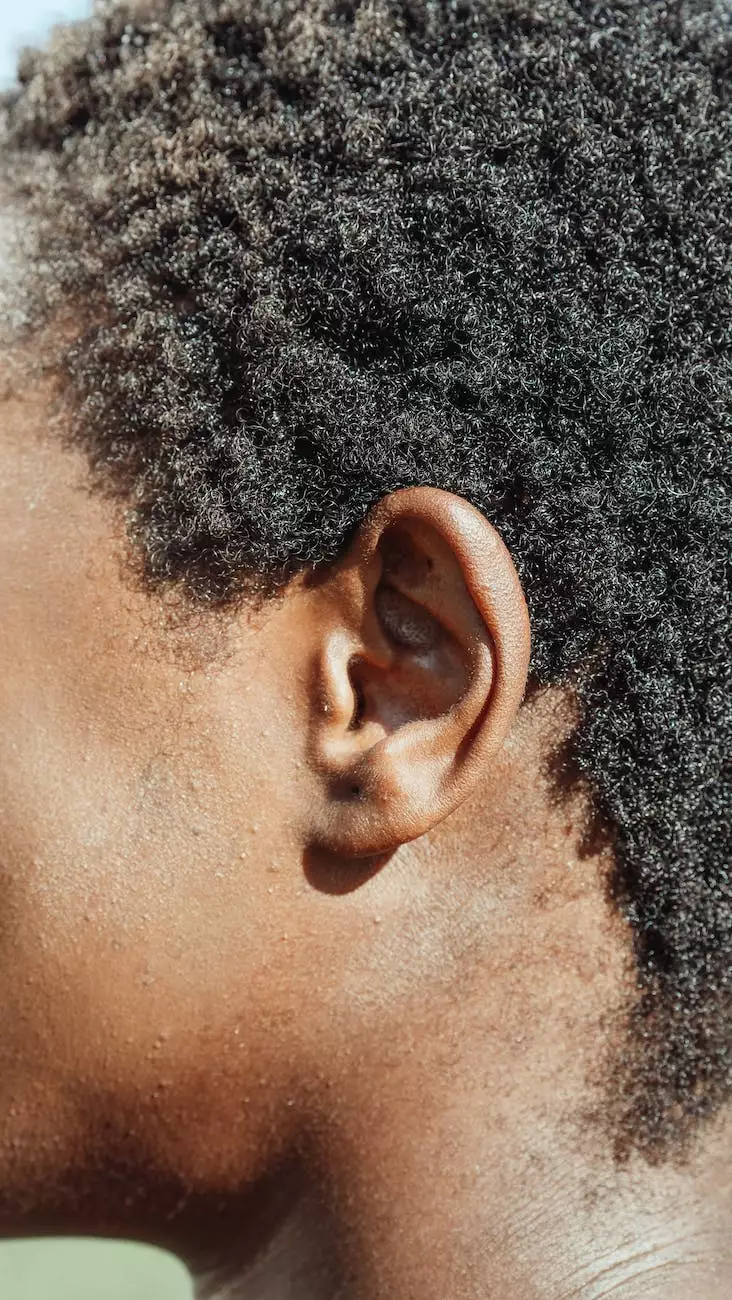Patient Resources - Wake Audiology & Hearing Aid
Health
Understanding Hearing Health
Hearing health plays a significant role in our overall well-being. At Wake Audiology & Hearing Aid, we understand the importance of providing comprehensive resources to help our patients better manage their hearing health. Our patient resources aim to educate, inform, and connect individuals seeking information on hearing-related topics, hearing aid options, and overall ear health.
Hearing Loss: Causes, Symptoms, and Treatment
Hearing loss can occur due to various factors such as aging, noise exposure, genetics, and certain medical conditions. It is crucial to recognize the causes, symptoms, and available treatment options to address hearing loss effectively. Our patient resources provide detailed information on different types of hearing loss, including conductive, sensorineural, and mixed hearing loss.
Types of Hearing Loss
- Conductive Hearing Loss: This type of hearing loss occurs when there is a problem with the outer or middle ear, preventing sound from reaching the inner ear. Causes can include ear infections, earwax blockage, or structural abnormalities.
- Sensorineural Hearing Loss: Sensorineural hearing loss involves damage to the inner ear or the auditory nerve, often caused by aging, exposure to loud noises, or certain medications.
- Mixed Hearing Loss: Mixed hearing loss is a combination of conductive and sensorineural hearing loss, where there is both a problem with the outer or middle ear and damage to the inner ear or auditory nerve.
Signs and Symptoms of Hearing Loss
Hearing loss can manifest in various ways, and it's important to recognize the signs and symptoms to seek appropriate help. Some common signs of hearing loss include:
- Muffled speech or sounds: Difficulty understanding others, especially in noisy environments.
- Frequent misunderstandings: Misinterpreting or mishearing conversations or instructions.
- Increasing volume: Frequently needing to increase the volume on electronic devices or TV.
- Withdrawal from social situations: Avoiding social interactions due to difficulties in communication.
If you or a loved one are experiencing any of these symptoms, it is recommendable to seek a professional evaluation to determine the underlying cause and explore suitable treatment options.
Hearing Aid Options and Technologies
Hearing aids can greatly improve the quality of life for individuals with hearing loss. With advancements in technology, there are several hearing aid options available, each designed to cater to specific needs and preferences. Our patient resources aim to provide comprehensive information on various hearing aid styles and technologies, including:
- In-the-Ear (ITE) Hearing Aids: Custom-made to fit inside the outer ear, ITE hearing aids are suitable for individuals with mild to severe hearing loss.
- Behind-the-Ear (BTE) Hearing Aids: Worn behind the ear and connected to a mold or dome that fits inside the ear canal, BTE hearing aids are suitable for individuals with mild to profound hearing loss.
- Receiver-in-Canal (RIC) Hearing Aids: Similar to BTE hearing aids, RIC hearing aids have a small receiver placed directly in the ear canal, allowing for a more natural sound experience.
- Implantable Hearing Devices: These devices are surgically implanted and provide an alternative solution for individuals who may not benefit from traditional hearing aids.
Additionally, our patient resources cover advanced hearing aid technologies, such as:
- Digital Signal Processing: Hearing aids with digital signal processing technology offer enhanced sound quality, adaptive noise reduction, and personalized listening experiences.
- Bluetooth Connectivity: Some hearing aids can connect wirelessly to smartphones, TVs, and other devices, allowing for direct streaming of audio content and improved accessibility.
- Tinnitus Management: Certain hearing aids come with tinnitus management features to help individuals with tinnitus find relief and manage their symptoms effectively.
Additional Resources and Support
At Wake Audiology & Hearing Aid, we believe in providing comprehensive support to our patients beyond hearing aids and treatment options. Our patient resources extend to:
- Hearing Protection Techniques: Education on preventing hearing loss and protecting your ears from loud noises.
- Communication Tips: Strategies to improve communication in various settings, including with family, friends, and coworkers.
- Community Support: Information on support groups and organizations dedicated to hearing health and awareness.
Our mission is to empower individuals to take control of their hearing health and make informed decisions. We believe that an educated patient is more likely to achieve optimal hearing outcomes and lead a fulfilling life.










